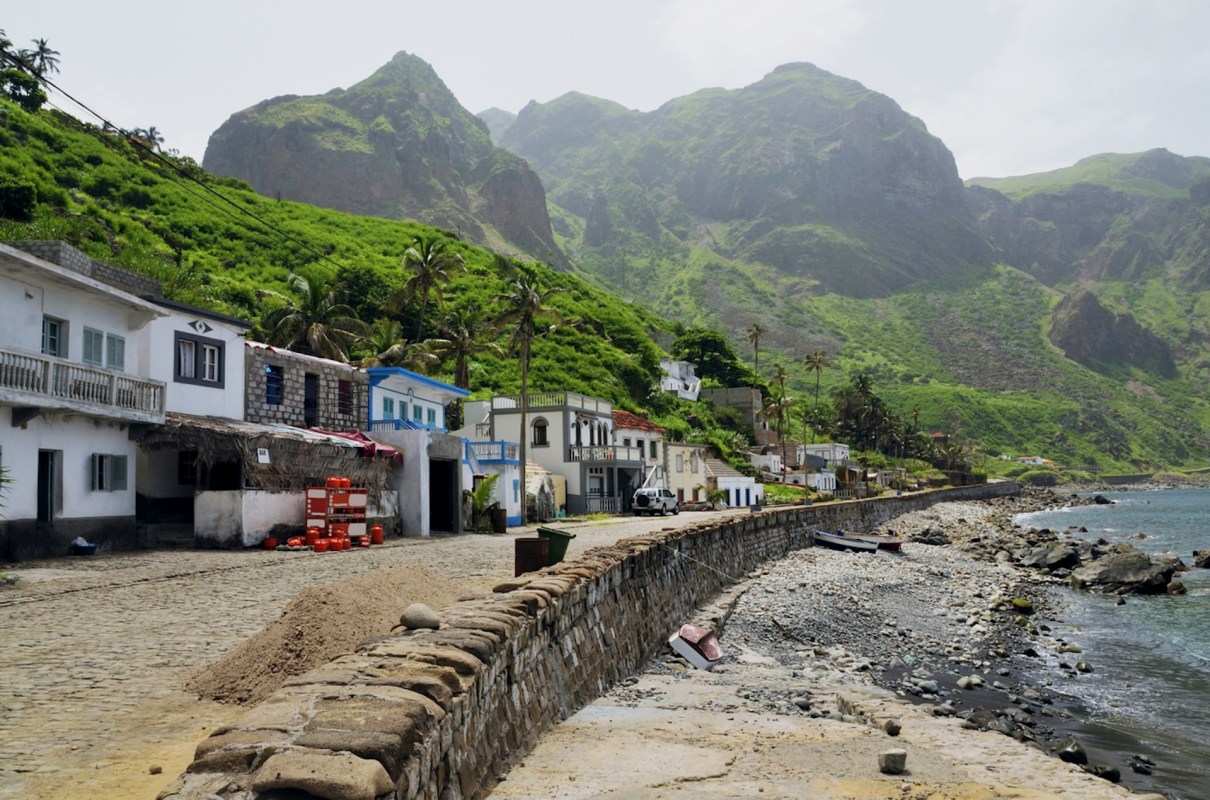Another stride has been made in the fight against malaria and other vector-borne diseases.
Earlier this year, the World Health Organization certified the African nation of Cabo Verde as a malaria-free country, adding it to a list of 43 countries and one territory that have received the certification. Cabo Verde joins Mauritius and Algeria as the only countries certified in the WHO's African region.
The development was described as "a significant achievement in global health." It was noted that Africa accounted for 95% of global malaria cases and 96% of related deaths in 2021.
"Cabo Verde's achievement is a beacon of hope for the African Region and beyond. It demonstrates that with strong political will, effective policies, community engagement and multisectoral collaboration, malaria elimination is an achievable goal," said Dr. Matshidiso Moeti, WHO Regional Director for Africa. "The attainment of this milestone by Cabo Verde is an inspiring example for other nations to follow."
The declaration of malaria elimination will lead to multiple positive developments for Cabo Verde. Travelers can now visit the islands without fear of local malaria infections and without the need for time-consuming preventative treatment measures, which can lead to an increase in tourists and thereby boost the nation's economy.
"The certification as a malaria-free country has a huge impact, and it's taken a long time to get to this point. In terms of the country's external image, this is very good, both for tourism and for everyone else. The challenge that Cabo Verde has overcome in the health system is being recognized," said Cabo Verde's Prime Minister, Ulisses Correia e Silva.
Perhaps more importantly, the systems and structures that helped eliminate malaria from Cabo Verde will remain in place and can now be used to fight other mosquito-borne diseases such as dengue and Zika.
As our planet continues to experience shifts in climate, particularly the rise in temperatures, we're seeing a significant impact on the distribution and transmission rates of vector-borne diseases. These diseases typically thrive in warmer, tropical climates. Also, human activities, like using oil, gas, and coal, mean new regions are becoming more attractive to mosquitoes, putting more of the global population at risk of these diseases.
Cabo Verde added malaria elimination as an objective in its national health policy in 2007. Strategic planning from 2009 to 2013 created the groundwork for combating the disease, and an outbreak in 2017 brought lessons that led to improvements. The country remained vigilant throughout the COVID-19 pandemic and continued making progress that eventually led to this year's certification.
"I salute the government and people of Cabo Verde for their unwavering commitment and resilience in their journey to eliminating malaria," said WHO Director-General Dr. Tedros Adhanom Ghebreyesus. "WHO's certification of Cabo Verde being malaria-free is a testament to the power of strategic public health planning, collaboration, and sustained effort to protect and promote health. Cabo Verde's success is the latest in the global fight against malaria, and gives us hope that with existing tools, as well as new ones including vaccines, we can dare to dream of a malaria-free world."
Join our free newsletter for weekly updates on the coolest innovations improving our lives and saving our planet.









